Past Course Offerings
Here are some examples of courses the ISSJ has offered in the past...
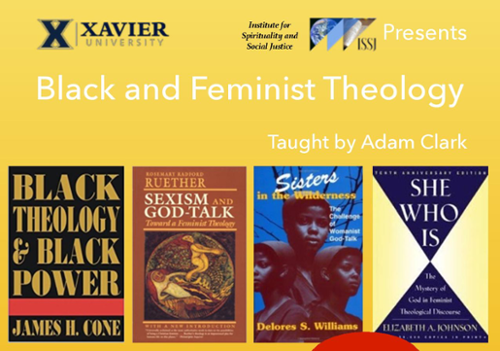
Black and Feminist Theology:
This course examines the perspectives of Christian theology from black and feminist theological perspectives. In the first part of the course, students will explore the emergence of black theology as a theology of liberation as well as explore topics of the black Christ, black Church, black biblical interpretation, gender and sexuality and religious pluralism. In the second part of the course, students will examine the development of feminist theologies, major topics that shape the discipline, the relationship between theology and constructions of gender and sexuality and ongoing debates.
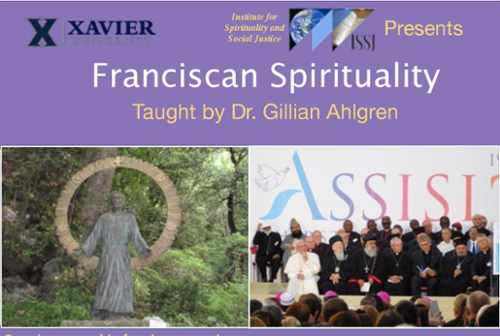
Franciscan Spirituality:
Born into a world of socio-economic turbulence, conflict over property, and social discrimination, Francis and Clare of Assisi chose to forge a new way for themselves and their contemporaries. The "Franciscan Revolution" of the thirteenth-century has a great deal to teach us today. As Pope Francis invites us toward a "revolution of tenderness," we too can discover the power of encounter and the presence of God at the margins, just as Francis and Clare did. This course creates a fruitful dialogue between past and present with global implications for today.
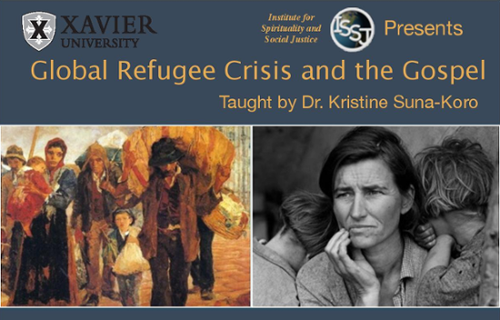
Global Refugee Crisis and the Gospel:
Today over 65 million people are displaced worldwide. Often forced from their homes because of persecution, war, conflict, poverty, and climate change, our world is facing a refugee crisis. Amidst the unprecedented number of people on the move, Christian theology is looking for new avenues of understanding and relating to this global and local reality in dialogue with Abrahamic religious traditions. In this course, we will explore theologically and ethically grounded ways to respond to the challenges of migration with charity, erudition, and justice.
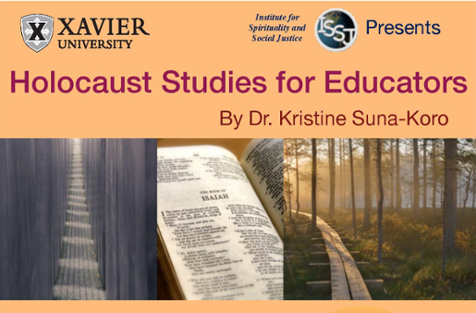
Holocaust Studies for Educators:
Designed for educators who already possess an undergraduate degree, Holocaust Studies for Educators participants will learn to personalize and humanize the Holocaust, making it relevant for students in their classrooms. At the workshop, participants will learn about the Holocaust by exposure to the stories of individuals with real names, faces, and experiences. They will hear first-hand testimony from survivors, refugees, and liberators whose homes are in the Cincinnati and Ohio area. Personalizing the Holocaust’s survivors, victims, liberators and rescuers is an effective way for teachers to engage and challenge the youth of today. This workshop is offered in collaboration with the Center for Holocaust and Humanity Education.
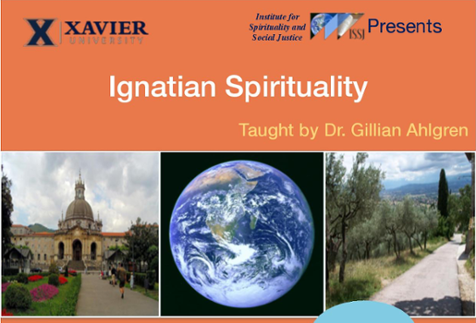
Ignatian Spirituality:
This course provides an understanding of the context out of which Ignatian Spirituality developed and some of the major ways that it has expressed itself as a movement that fosters a faith that does justice at the service of education, peacemaking and the remediation of injustice in the world around us. Topics addressed include: (1) the context of Ignatius’s own life and the theological and spiritual questions at the heart of the Catholic reformation of the 1520s; (2) the development of the Spiritual Exercises; (3) the Jesuit approach to education and mission; and (4) key figures of the 20th Century.
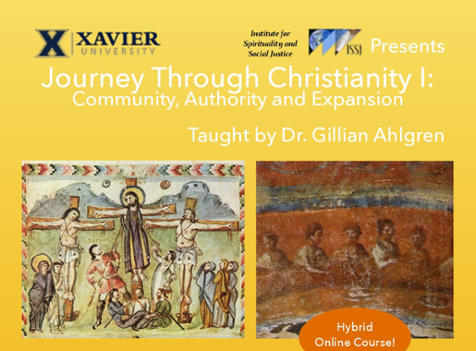
Journey Through Christianity I:
This course is an introduction to the evolution of Christian thought from the first century to the late Middle Ages focusing in particular on the issues of community, authority and ecclesial expansion.
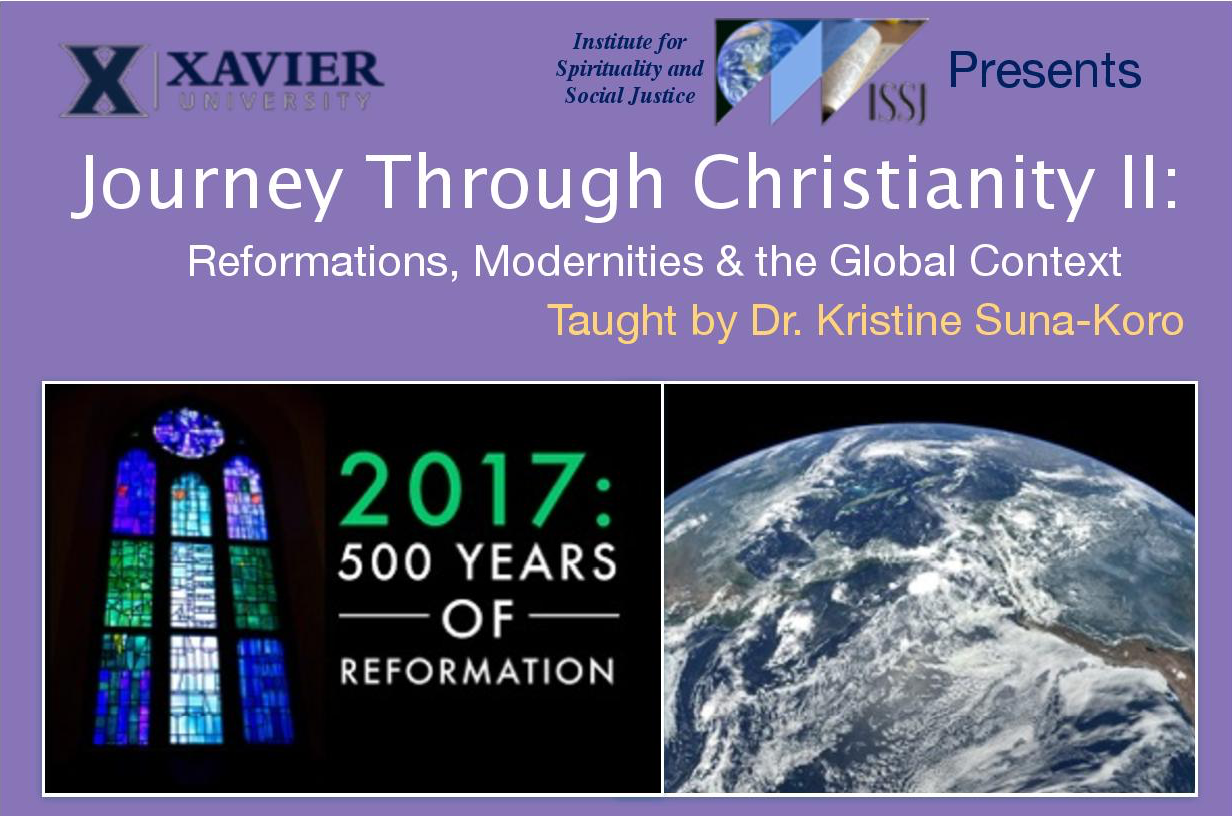
(Reformation image copyright Christian Hjortland Digna)
Journey for Christianity II:
The goal: To explore Christian theological imagination and spirituality in the period known as “modernity," beginning with the so-called “Age of Discovery/Conquest” and the European Reformation in its pivotal Protestant and Catholic manifestations during the 16th century, and proceeding through the “Age of Enlightenment” onward to the era of World Wars in the middle of 20th century.
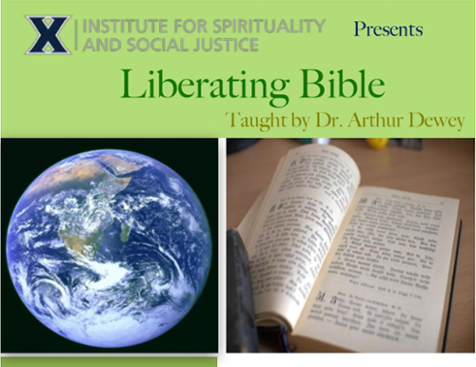
Liberating Bible:
How can the Sacred Scriptures of the Jewish and Christian traditions help us engage a new conversation about justice, solidarity and planetary survival? Develop a critical fundamental competency in reading and interpreting scripture while exploring how the Bible can help us acquire a new prophetic imagination.
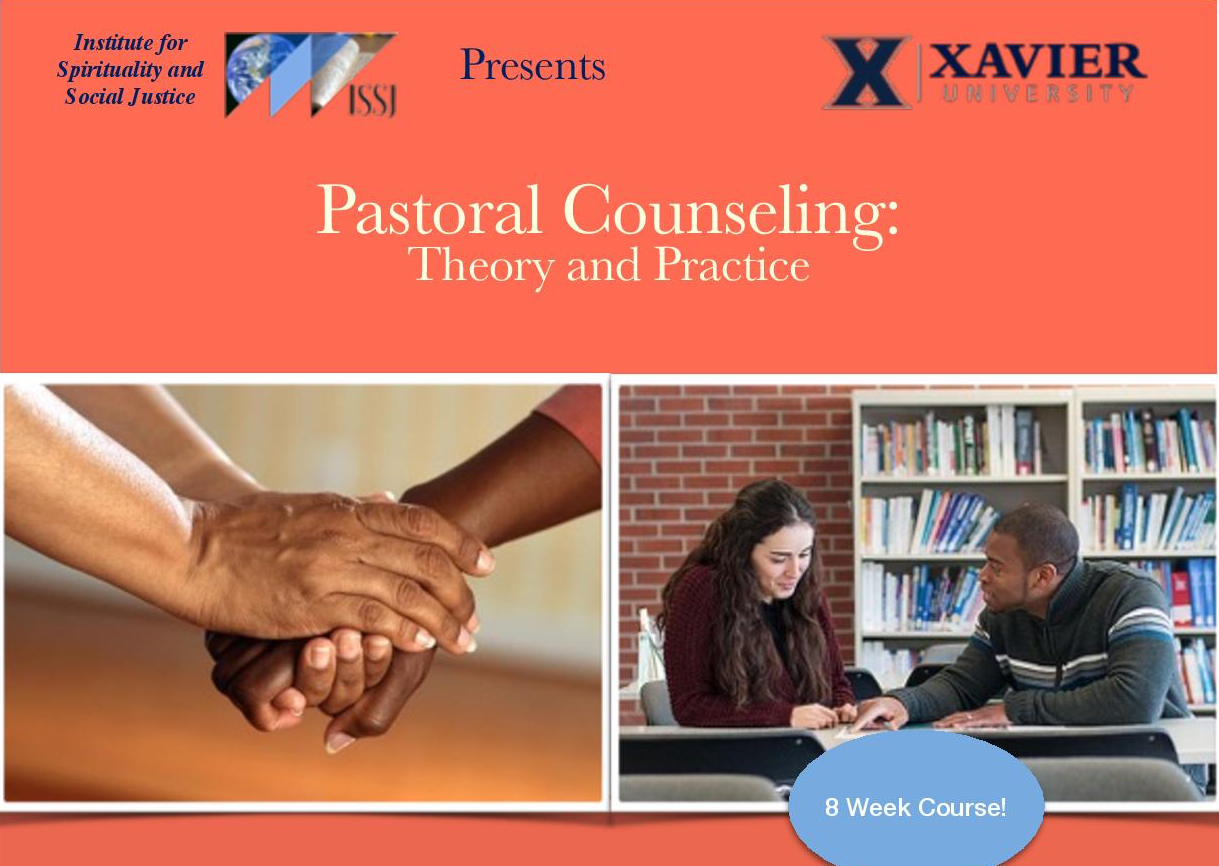
Pastoral Care and Counseling:
This course surveys the theories of pastoral counseling that resulted from dialogues between psychology and theology in the 20th and 21st centuries to provide students a spectrum of options in pastoral care giving situations. Students will have opportunities to develop their pastoral care and counseling skills through role plays and case studies utilizing the theories they study. This combination of theory survey and skill practice aims to generate theological reflections that empower students’ theological anthropology, theory of change and pastoral identity needed as a pastoral caregiver and counselor.
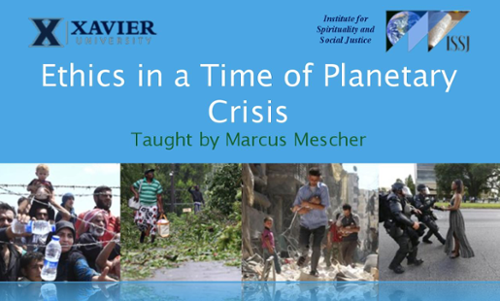
Ethics in a Time of Planetary Crisis
In a world marked by crisis and division, what is our reason for hope? In a time of such widespread apathy and despair, what sustains our faith? Surrounded by so much sin and suffering, what can love accomplish? This course will rely on the four sources of Christian ethics (Scripture, Tradition, reason, and human experience) as resources for wisdom, courage, compassion, and a bold imagination of what can be possible for living ethically today. We will consult views and voices from around the globe to inform our reflection, discernment, study, and conversation designed to clearly identify, critically analyze, and creatively apply ethical norms to build agreement and accountability for promoting the conditions -- personal, social, and systemic -- that can foster peace, justice, and solidarity in our lives, both locally and globally.
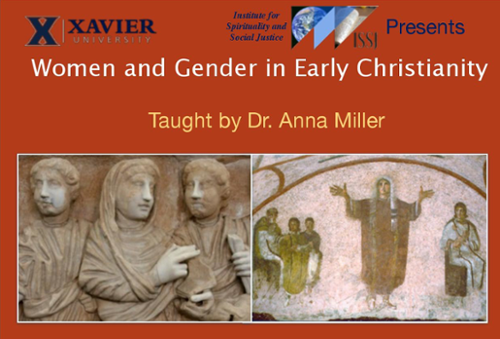
Women and Gender in Early Christianity:
Women and gender played a critical and formative role in early Christianity which has often been overlooked or suppressed. This class brings participants into contact with cutting edge scholarship that has helped to recover women’s vital participation in early Christianity, and to analyze gender within early Christian communities and scripture. The course considers not only the historical importance of women and gender in the early church, but the implications of this research for modern issues in the world today.
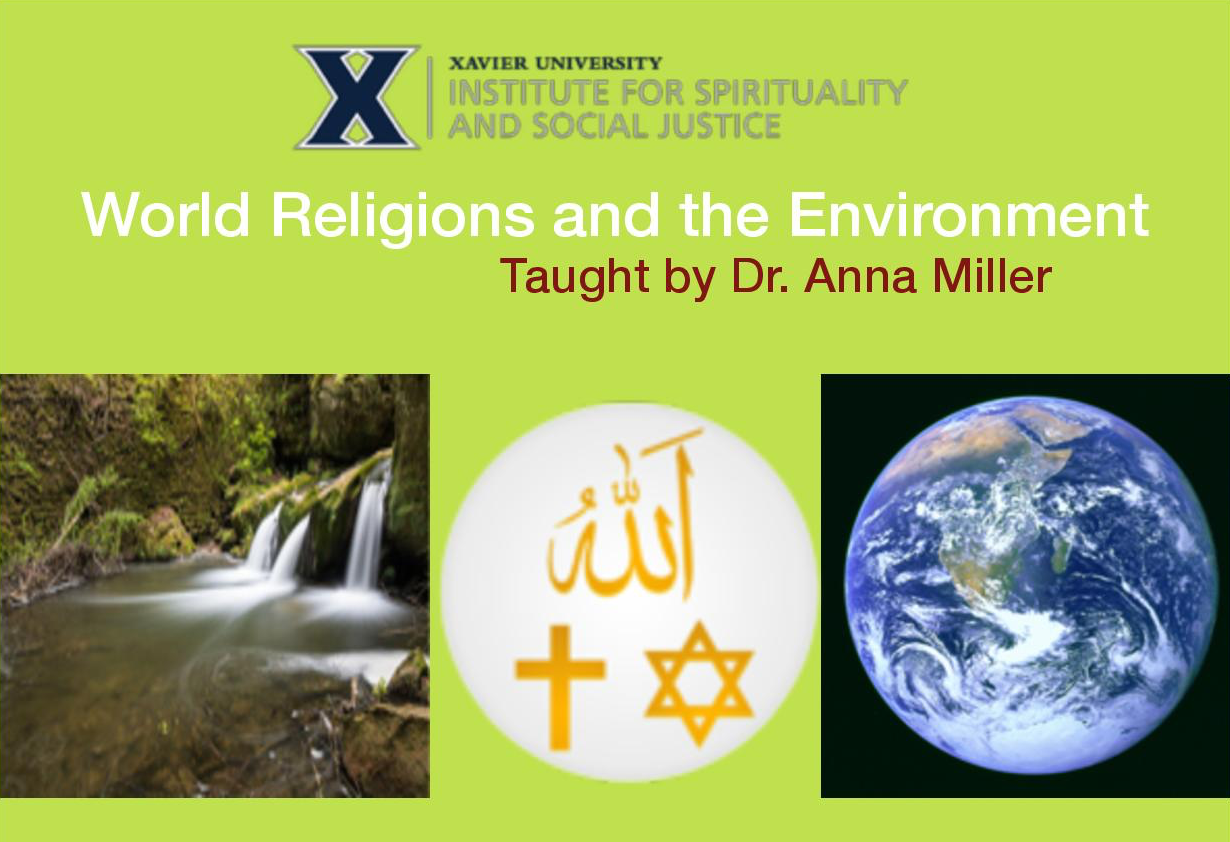
World Religions and the environment:
Students in this course will explore the contributions of several world religious traditions towards constructing an environmental theology that can address our current global environmental crisis. The class will engage the Abrahamic traditions of Judaism, Christianity and Islam as well as Hinduism, Buddhism and Native American religions. Together, we will examine critical religious texts and/or beliefs in each tradition as we work towards an environmental theology and ethics that may serve as a foundation for environmental action and sustainability.